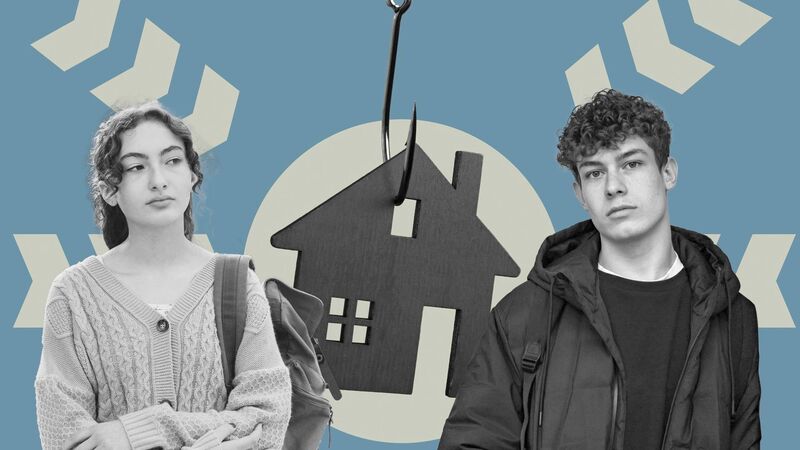'I was finding hundreds, if not millions of scams': The struggle to find student accommodation

One student attending University College Cork said she has 'given up on looking for a place to rent in Cork City'.
Ahead of the academic year, university students have been combing the internet and replying to listings on Daft.ie, Facebook groups, and other social media platforms in their quest for accommodation.
On Wednesday, thousands of prospective first year students received offers from the CAO.













